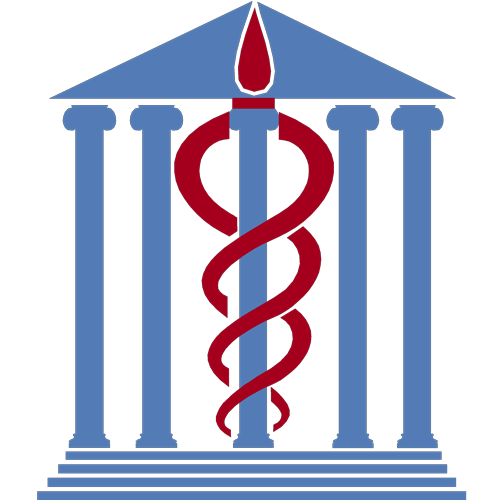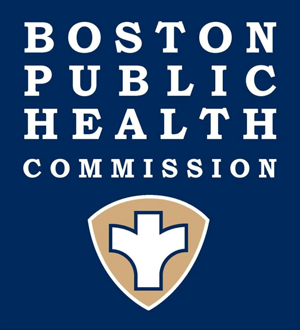Topic outline
-
This course was delivered on June 8, 2022.
-
Presentation:
Additional Resources:
Session Recording:
-
The course activities displayed here are accessible ONLY for students who have fully registered for this course on the Learning Center. Students who registered for the zoom session only will not have access to these activities.
Log into your Learning Center account to complete these activities.
If you'd like to complete these activities in order to receive a Certificate, email delvalle@bphc.org.
-
Receive a grade
-
View Receive a grade
-
View Submit feedback
-
Course certificates displayed here are accessible ONLY for students who have fully registered for this course on the Learning Center, and completed the activities above. Students who registered for the zoom session only will not have access to certificates.

